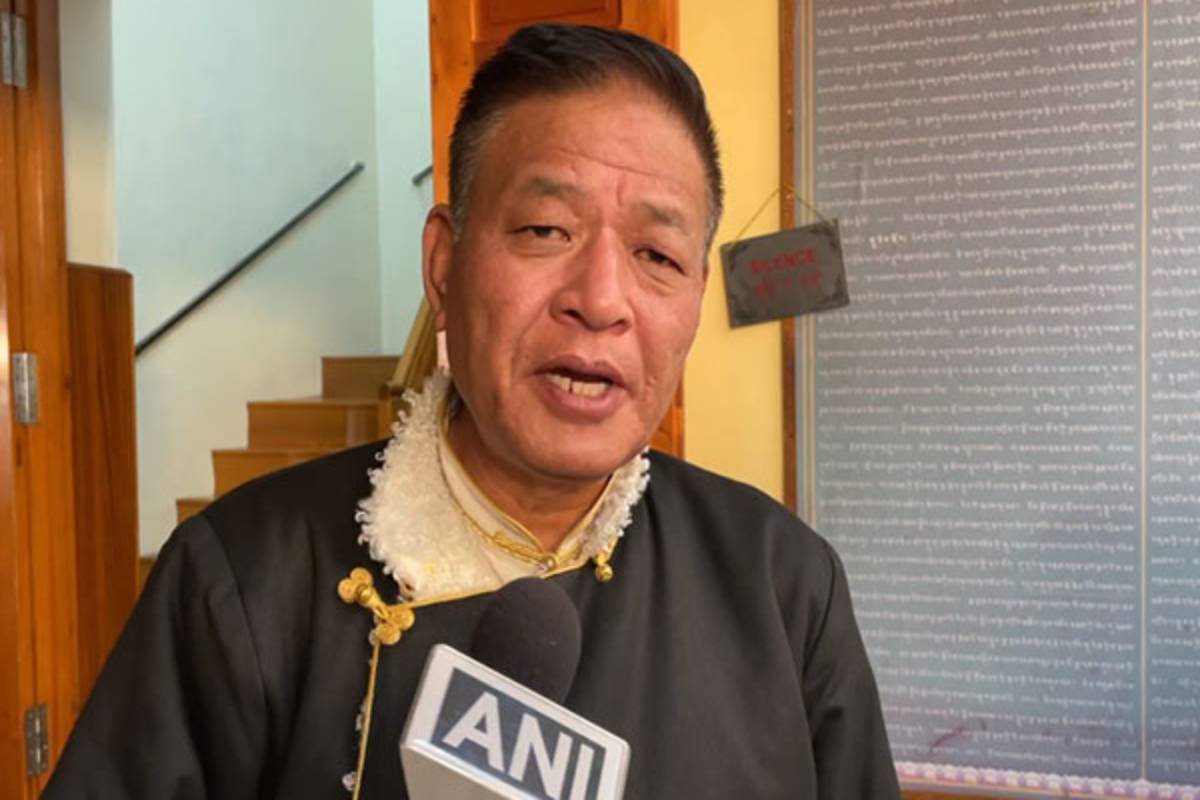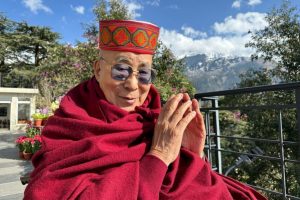Sikyong Penpa Tsering, President of the Tibetan Government-in-Exile, criticized the use of the term “Xizang” to refer to Tibet, stating it aligns with Chinese propaganda and undermines Tibet’s historical sovereignty. Speaking from Dharamshala, the headquarters of the Tibetan government-in-exile, Tsering warned against adopting terminology that reinforces China’s narrative about Tibetan territory.
“The term ‘Xizang’ is being used despite our repeated requests not to, as it plays into the propaganda of the Chinese government,” Tsering said in an interview with ANI. He explained that China uses the term “Xizang” to define Tibet solely as the Tibetan Autonomous Region (TAR), which constitutes only half of Tibet’s historical territory.
“If you adopt ‘Xizang,’ you are complicit in China’s narrative on Tibetan territory and historical sovereignty. It’s crucial to recognize Tibet beyond the boundaries defined by China’s interpretation,” he added.
The recent earthquake in Tibet has brought renewed attention to China’s framing of the region. On January 7, a 7.1-magnitude earthquake (recorded as 6.8 by China Earthquake Networks Center) struck Shigatse, one of Tibet’s holiest cities. The disaster claimed 126 lives, injured over 100, and triggered 49 aftershocks, with tremors felt across Nepal, Bhutan, and parts of northern India.
In the wake of the earthquake, Tibetan exiles in Dharamshala gathered to mourn the victims and hold overnight prayer sessions. Monks and nuns led the prayers at the Tsuglagkhang temple. Four prominent Tibetan organizations—the Tibetan Youth Congress, Tibetan Women’s Association, Students for a Free Tibet, and National Democratic Party of Tibet—jointly organized the vigil.
Tsering emphasized that terms like “Xizang” are part of a larger effort by China to control the global narrative on Tibet. By confining Tibet’s identity to the TAR, China diminishes the broader historical and cultural significance of the region.
He called on global leaders and media outlets to reject the term “Xizang” and support Tibet’s rightful historical identity. “Acknowledging Tibet’s full historical and cultural context is essential to counter China’s attempts to rewrite history,” Tsering concluded.
The debate over terminology underscores the ongoing tension between the Tibetan government-in-exile and China, as Tibetans continue to fight for their identity and sovereignty on the global stage.



